 The US Supreme Court finally rendered its ruling upon the very high profile Burwell v. Hobby Lobby yesterday, June 30, 2014. It was a 5-4 decision in favor of Hobby Lobby’s owners’ religious freedom and will prevent them from being forced by ObamaCare’s mandates to pay for health insurance coverage for four varieties of “morning after” contraceptives and IUDs which can cause miscarriages aka spontaneous abortions.
The US Supreme Court finally rendered its ruling upon the very high profile Burwell v. Hobby Lobby yesterday, June 30, 2014. It was a 5-4 decision in favor of Hobby Lobby’s owners’ religious freedom and will prevent them from being forced by ObamaCare’s mandates to pay for health insurance coverage for four varieties of “morning after” contraceptives and IUDs which can cause miscarriages aka spontaneous abortions.
As expected, the Court’s Burwell v. Hobby Lobby ruling has generated a lot of response throughout the nation. Many American’s are crowing about how this is a victory for our 1st Amendment religious freedoms and the vast majority of Liberals and Progressives are ranting about it violating the Establishment Clause of the 1st Amendment, about how corporations aren’t people, and that it violates the rights of women.
What is equally humorous and sad is that Americans’ shouldn’t be celebrating this ruling overmuch, nor should Liberals and Progressives be bemoaning to any great extent. The SCOTUS rendered no constitutional ruling, nor did they overturn or set aside any laws. All that the Court did was apply long-existing US laws to the case of Burwell v. Hobby Lobby. The two laws in question being the Restoration of Religious Freedom Act (RFRA) of 1993 and the Dictionary Act of 1947.
U.S. Code: Title 42, Chapter 21B — Religious Freedom Restoration
§ 2000bb–1 – Free exercise of religion protected
(a) In general
Government shall not substantially burden a person’s exercise of religion even if the burden results from a rule of general applicability, except as provided in subsection (b) of this section.
(b) Exception
Government may substantially burden a person’s exercise of religion only if it demonstrates that application of the burden to the person—
- is in furtherance of a compelling governmental interest; and
- is the least restrictive means of furthering that compelling governmental interest.
(c) Judicial relief
A person whose religious exercise has been burdened in violation of this section may assert that violation as a claim or defense in a judicial proceeding and obtain appropriate relief against a government. Standing to assert a claim or defense under this section shall be governed by the general rules of standing under article III of the Constitution.
The Court did, in fact rule that ObamaCare’s contraception mandate met the first criteria under the RFRA.
We will assume that the interest in guaranteeing cost-free access to the four challenged contraceptive methods is compelling within the meaning of RFRA
However, the Court found that it did not meet the second test, that of it being the least restrictive means of furthering that compelling governmental interest in guaranteeing cost-free access to the four challenged contraceptive methods. They went so far as point out examples of such less restrictive means.
The most straightforward way of doing this would be for the Government to assume the cost of providing the four contraceptives at issue to any women who are unable to obtain them under their health-insurance policies due to their employers’ religious objections.
The SCOTUS’s ruling in Burwell v. Hobby Lobby broke no new ground, re-harrowed no old ground, no made any significant changes in US law or the interpretation thereof. It was nothing more or less than the application of the existing RFRA to a case in which it was pertinent. That the Court applied the law should be no grounds for complaint and that it was the SCOTUS which had to do abrogates and cause for celebration.
As for the various strident complaints about “corporate personhood,” there is little to be said about those particular Left-wing rants other than that they based upon the all-too-commonplace ignorance of the law in America.
U.S. Code Title 1, Chapter 1 – Rules Of Construction
§ 1 – Words denoting number, gender, and so forth (Excerpt)
The words “person†and “whoever†include corporations, companies, associations, firms, partnerships, societies, and joint stock companies, as well as individuals;
The Rules Of Construction aka the 1947 Dictionary Act are part of the General Provisions of US law and serve to legally define common words and phrases used in Acts of Congress. Hence, the RFRA applicability to “persons” include corporation, irregardless of their profit status, just as does every other Act that uses the word “person” unless otherwise contextualized or excepted.
Honestly people, the only thing of great interest in the Courts ruling on Burwell v. Hobby Lobby was the painstaking effort the Court took to address each argument and to craft an opinion that was extremely narrow and extremely difficult for the Appellate Court to later (mis)use in a broader context such as they did with Citizens United v. Federal Election Commission.
Like this:
Like Loading...
Tags: America | Burwell v. Hobby Lobby | Citizens United v. Federal Election Commission | Corporations | Dictionary Act | Law | Liberals | Personhood | Politics | Progressives | Religion | RFRA | US Supreme Court
This entry was posted on Tuesday, July 1st, 2014 at 11:04 am and is filed under Politics, Religion.
You can skip to the end and leave a response. Pinging is currently not allowed.
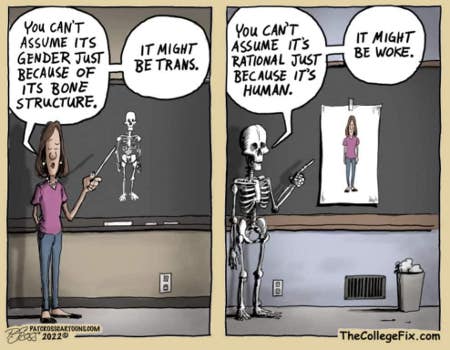
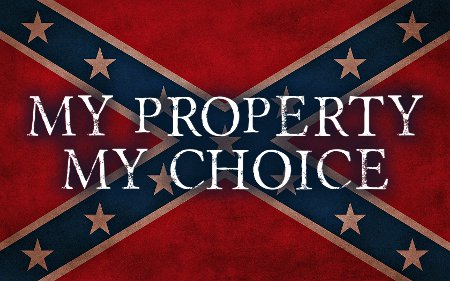
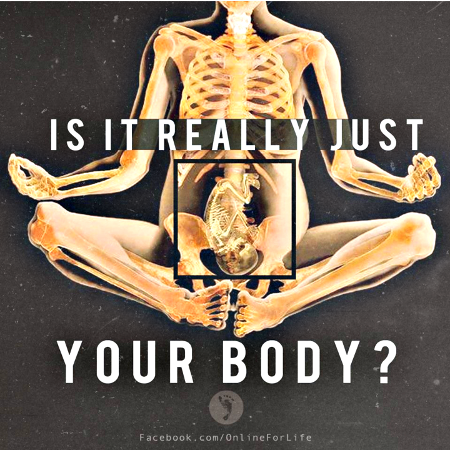
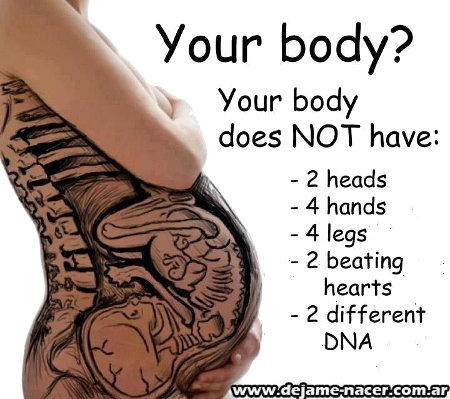
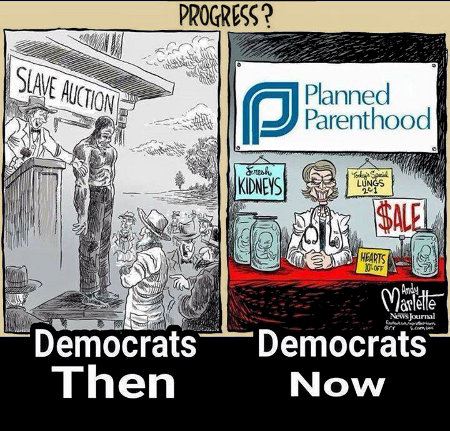
 The US Supreme Court finally rendered its ruling upon the very high profile
The US Supreme Court finally rendered its ruling upon the very high profile  The US Supreme Court finally rendered its ruling upon
The US Supreme Court finally rendered its ruling upon 
